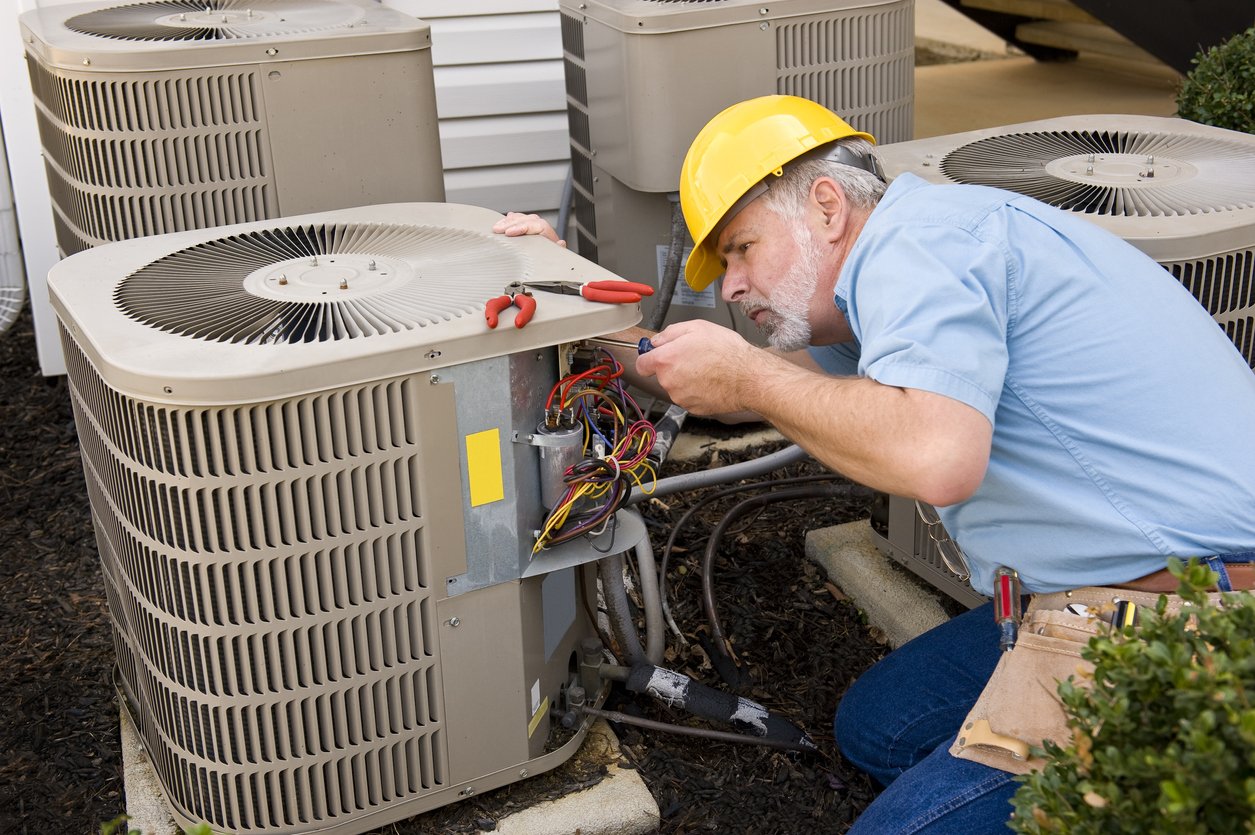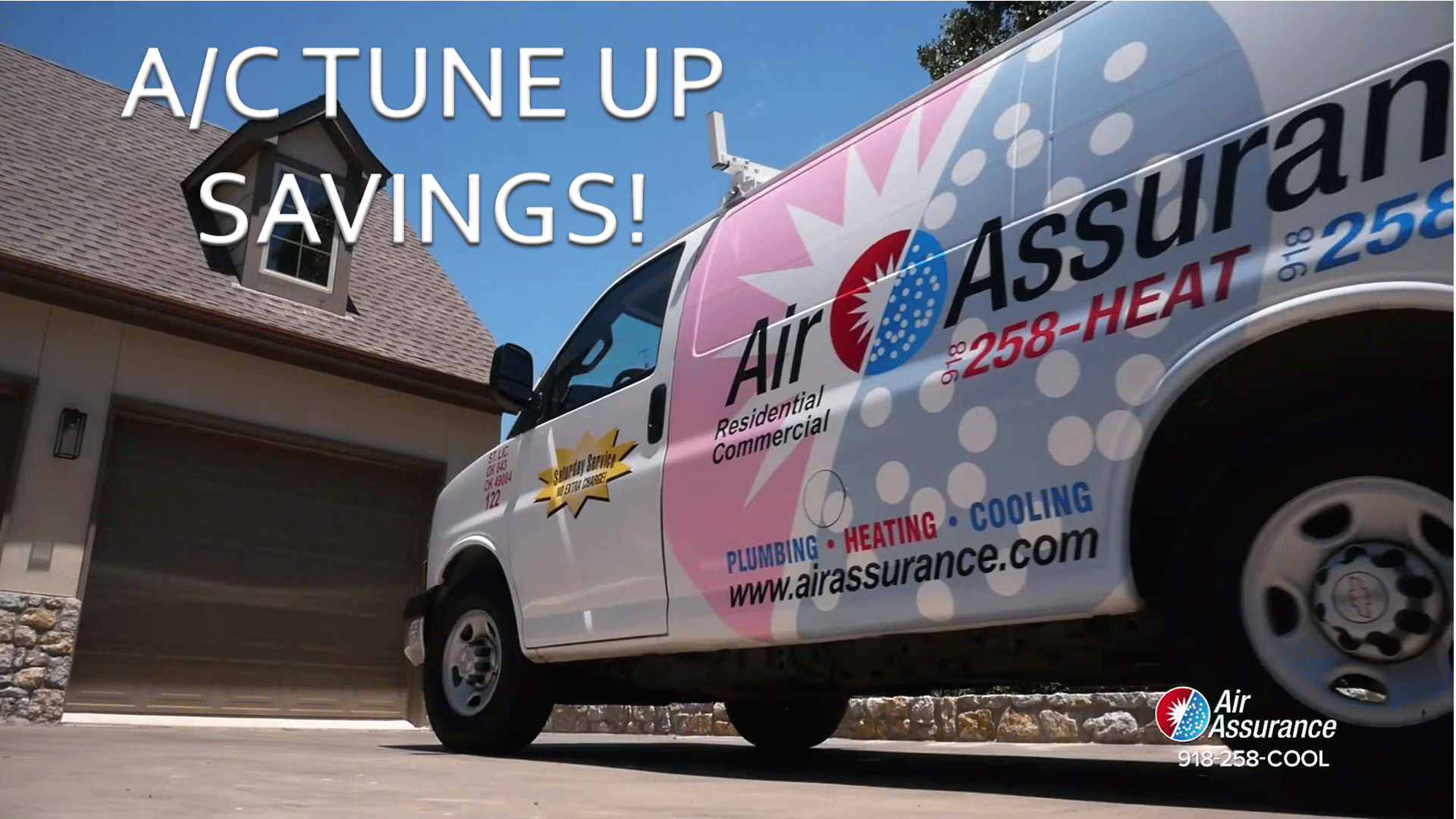do not display
Too many homeowners bypass regular HVAC maintenance, thinking they'll just wait until something breaks and spend money as needed. This may or may not be wise, depending on what goes wrong. As any HVAC tech will tell you, you can often detect a potential problem with a routine maintenance call, and by addressing it early, you can prevent that small problem from growing into an expensive repair.
What Regular HVAC Maintenance Entails
Generally, preventative maintenance is scheduled in the spring and fall, just prior to the heavy cooling and heating seasons. Among the tasks in spring that the HVAC tech will perform:
Change the HVAC filter.
Clean the evaporative coil.
Clean the condenser coils.
Check the condensate drain and clean obstructions.
Check refrigerant levels and fill as needed.
Test airflow.
Check wiring.
Test the function of electronic controls.
Check the thermostat for proper calibration.
Check blower and condenser fans.
In winter, the HVAC tech will change the filter and check the air handler, controls, airflow, and wiring, while also checking these functions on the furnace:
Clean and inspect burners and heat sensors.
Inspect the heat exchanger and the CO detector.
Lubricate blower and inducer fans.
Check the vent system for leaks or blockages. Look at exterior surfaces of venting.
For a heat pump, a technician should check the systems mentioned above, plus the defrost function on the heat pump. Inspections may also include a look at the ductwork.
Checking all these systems via regular HVAC maintenance can ensure that the HVAC is more likely to run without breakdown through the height of the cooling and heating seasons. When all parts are in good repair, the system runs more efficiently, without friction and the high heat that can lead to breakdown and the need to replace parts. Furthermore, a more efficient system means you'll be spending less on utility bills.
Above all, it's important that the air filter is changed regularly. Follow the manufacturer's instructions, or if need be — that is, if conditions in your house, such as pets or extreme dust, make filters become dirty faster — change them more often.
To learn more about regular HVAC maintenance, contact Air Assurance of Broken Arrow.









